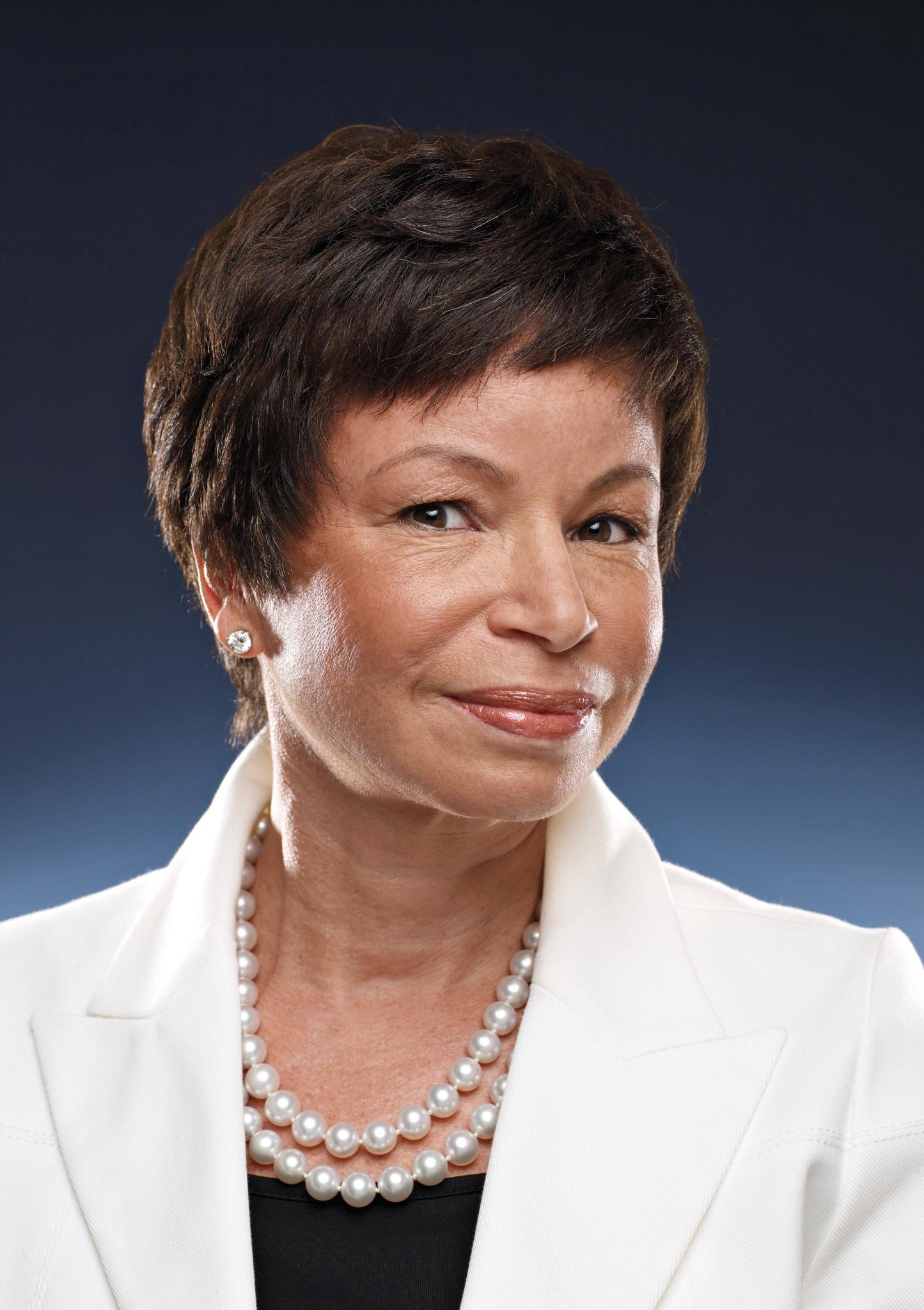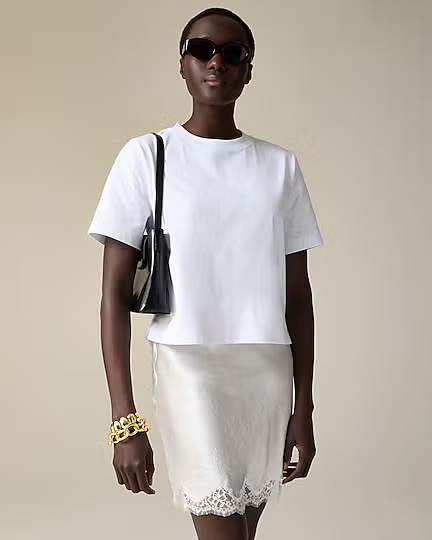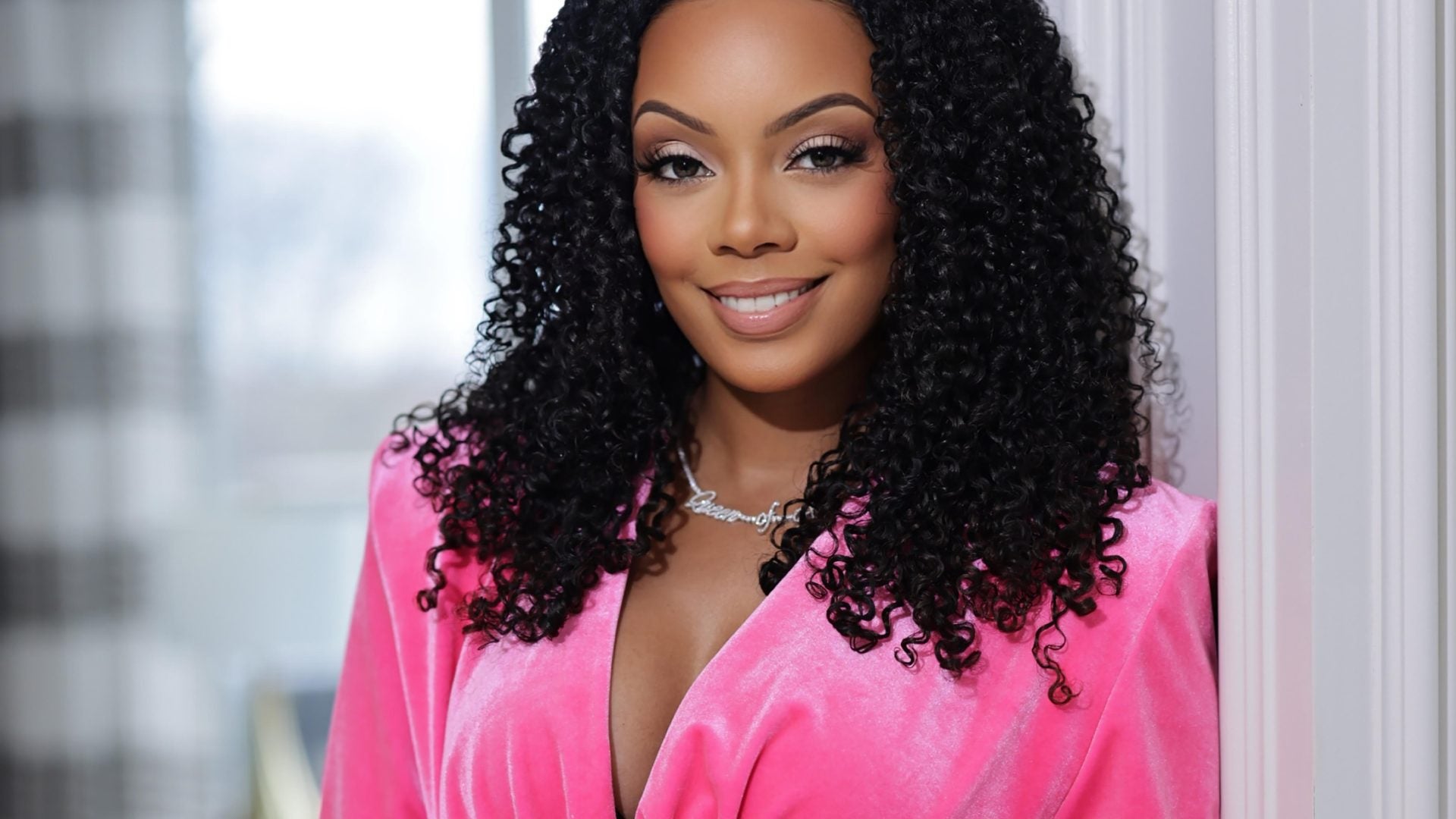
Domestic violence affects all women at disturbing rates; Black women are hardly immune. But there’s a way out.
There were signs something was wrong: the coercion, the threats, the anger. But Kalyn Risker never imagined he would hurt her. Yet, after years of dating, Kalyn’s boyfriend, the father of her daughter, assaulted her to the point that her eye socket required reconstructive surgery. Kalyn still wonders, How can someone who loves you try to kill you?
Unfortunately, Kalyn’s story is not unique. October is National Domestic Violence Awareness Month. During this time we need to remember that rates of domestic violence remain alarmingly high for all women. The Centers for Disease Control and Prevention reports that more than one in three women in the U.S. have experienced rape, physical violence or stalking by an intimate partner. Low-income women are at higher risk of being battered. According to the Bureau of Justice Statistics, between 2001 and 2005, poor women were six times more likely to be abused. Still, domestic violence affects women of every socioeconomic level. Among Black women, 44 percent have been abused, compared with 35 percent of White women.
This year President Obama made ending violence against women a top priority, signing the reauthorization of the Violence Against Women Act (VAWA). The reauthorization strengthens the 1994 landmark law, which allows survivors of domestic violence, sexual assault, dating violence and stalking access to resources. For example, transitional housing programs funded by VAWA give women a safe place to stay for two years.
President Obama’s signature law, the Affordable Care Act, also requires insurers to cover domestic violence screenings at no extra cost. Physicians can check for domestic abuse, provide brief counseling and refer patients to support services. (Visit healthcare.gov for more information.)
Tragically, domestic violence impacts even teens. According to the CDC, one in ten adolescents has been physically abused by a romantic partner. In 2011 Vice-President Joe Biden announced the 1 is 2 Many campaign. We created new ways to reach survivors through texting, online services and mobile apps. Today young people can talk to a peer counselor, by text or online, at the National Dating Abuse Helpline (loveisrespect.org). We also knew that we had to get men involved: We’ve held forums around the country to engage men and enlisted the help of star athletes like Jimmy Rollins, an all-star shortstop with the Philadelphia Phillies. “I want my daughter and everyone’s daughter to grow up in a world free of abuse,” Rollins says.
Domestic abuse victims are our daughters, sisters, mothers, cousins, friends—you may even have experienced it yourself. Our goal is to show women like Kalyn they are not alone. They can reach out for support.
In 1998 Kalyn called the National Domestic Violence Hotline. Slowly, she put her life back together. Both she and her 4-year-old daughter went through extensive therapy. After a few years, she returned to school, eventually earning both her bachelor’s and master’s degrees in business administration with a scholarship specifically geared toward survivors of domestic violence. In 2006 she founded Sisters Acquiring Financial Empowerment, which helps domestic violence survivors improve their career prospects. “I had challenges,” Kalyn, now 41, says, “but I wasn’t going to let mine stop me.”







I was so moved by Kalyn’s resilience, courage and determination. I hope her story will inspire many more to seek help.
For more from the October Issue of ESSENCE. Pick up a copy on stands now.






